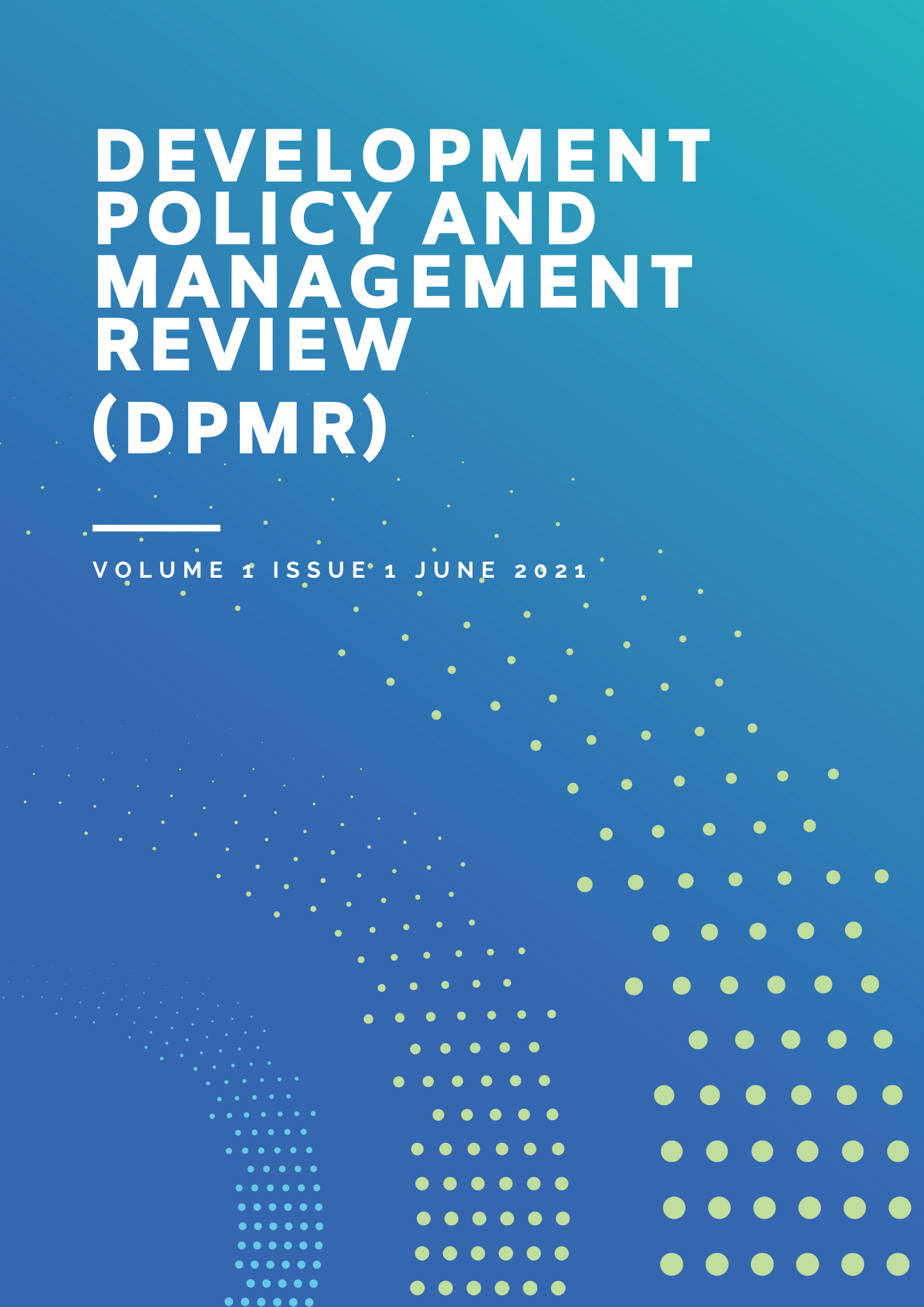Analisis Evaluasi Kebijakan Peraturan Desa: Studi Kasus Perdes Bebas Asap Rokok di Desa Bonebone, Kab. Enrekang
DOI:
https://doi.org/10.61731/dpmr.vi.11913Abstract
The government is mandated to provide good services to the community, so that all regulations that are made will not be successful without public participation. Currently the condition of society in the health sector is very poor. One of the habits practiced by the community and a common response is smoking. Even though it is clear that smoking can cause disease and not a few that lead to death. The 2016 national health indicator survey (Sirkesnas) shows that the prevalence of smokers in Indonesia is 34.8%, 54.8% are male smokers and the prevalence of female smokers has also increased from 4.2% in 1995 to 6.7% in 2013. The Ministry of Health, is trying to achieve the RPJMN target indicator related to the prevalence of child smokers aged 18 years, which fell from 7.2% in 2009 to 5.4% in 2013. But in reality, the government failed and this figure actually increased to 8 , 8% in 2016. Then regulated in Law Number 36 of 2009 concerning Health where article 115 states that local governments are required to implement smoking areas (KTR) which have been implemented in 22 regencies/cities in Indonesia. One of them is Enrekang Regency. However, there are still residents who violate the established rules and even consider smoking a lifestyle that must be done. The method used in this research is a qualitative method with data techniques through observation, interviews and other documents. The results of this study indicate that a smoke-free village policy that uses an analysis system evaluation approach states that: (1) The policy designed from 2000 on smoke-free villages produces attitudes towards the village. people to stop smoking in the village, so in implementing this policy they do not collect the village budget at all; (2) Have SOPs and implementation standards in each hamlet and their implementation runs well; (3) The number of active smokers has drastically reduced to none and the health of rural communities has improved. This can be seen from the evaluation of smoke-free village policies.Downloads
Download data is not yet available.

